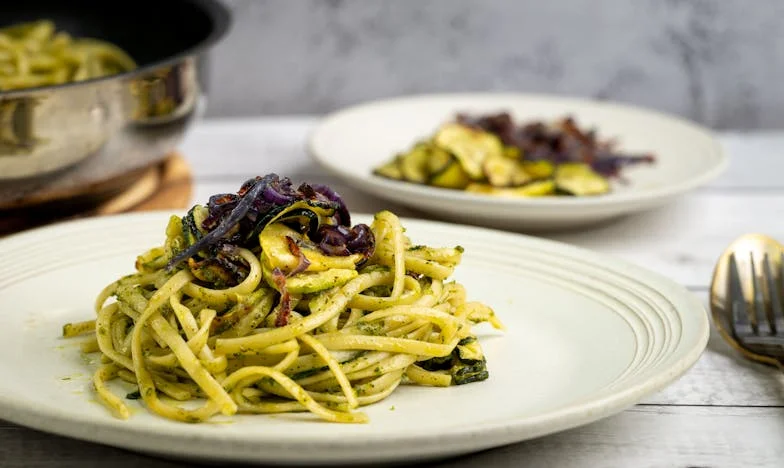When My Father’s Will Wasn’t Enough: A Son’s Reckoning
“You’re telling me this is right?” My voice cracked, echoing off the polished wood of the notary’s office. I slammed my palm on the oak table, the will shaking in my other hand. My cheeks burned, and every eye in the room was fixed on me—my mother, stone-faced; my sister, clutching her husband’s arm; and Mr. Adams, the notary, as calm as a priest at a funeral.
“Mr. Bennett, please, let’s keep this civil,” Mr. Adams said, pushing his glasses up his nose. The fluorescent lights hummed above us, making the room feel even colder.
I pointed at the paper. “Civil? Civil would be if my own father hadn’t left the house, the lake cabin, and even his damned Buick to Rob. Rob! My sister’s husband. And what do I get? A watch. His old watch!”
My mother’s lips tightened. “Marek, your father had his reasons.”
“Reasons?” My voice was a snarl. “I worked every summer at that cabin, painted the porch, fixed the plumbing—Rob just showed up at barbecues and told jokes. And now he gets everything.”
Rob shifted uncomfortably, not meeting my eyes. My sister, Heather, whispered, “Marek, please. This isn’t the time.”
But it was the time. It had to be. I felt like a trapdoor had opened under my feet, dropping me into some alternate world where family didn’t mean loyalty, and hard work didn’t mean a damn thing.
I stormed out of the notary’s office, the watch still clutched in my hand. Outside, the November wind cut through my jacket. I pressed the watch to my palm, the metal cool and heavy, and blinked against the tears that threatened to spill.
That night, I sat at my kitchen table, staring at that watch. My wife, Sarah, slid a mug of coffee across the table. “I’m sorry, honey,” she said softly.
“I just don’t get it,” I muttered. “Why would Dad do this?”
She squeezed my hand. “Your dad always did things his own way. Maybe there’s more to this.”
I shook my head. “He always said family first. He told me he was proud of me. But this? It’s like he’s punishing me.”
Sarah looked at me with those steady green eyes. “Maybe you should talk to your mom. Or to Heather. There’s probably a reason you don’t know.”
I didn’t want to talk to anyone, but the anger gnawed at me. The next morning, I drove to my childhood home. Mom met me at the door, her eyes red-rimmed, but she stood tall.
“I deserve answers,” I said.
She led me to the living room, the air thick with the scent of his old cologne. “Your father loved you, Mark. You were his son. But you have your own house, a good job. He wanted to help Heather and Rob—Rob lost his job last year, and they’re drowning in debt.”
My heart thudded. “Why didn’t anyone tell me?”
“Your father didn’t want pity. He thought you’d understand.”
I clenched my fists. “He should’ve trusted me. I could have helped. Instead, he left me out.”
Mom’s voice trembled. “He didn’t leave you out. He left you the watch—the one his father gave him. He said it was for the man who could carry on the tradition.”
I stared at the watch. My grandfather wore it in the war. My father wore it to every graduation, every funeral. I swallowed hard.
That evening, I called Heather. She sounded exhausted.
“Mark, I know you’re angry. But Dad wanted us to be okay. Rob’s been struggling. I thought you knew.”
I sighed. “I didn’t. I just… I thought Dad was proud of me.”
“He was,” she said quietly. “He told me so, all the time.”
Days passed. The anger dulled into something heavier—a grief for the father I thought I knew, for the family I thought I had. I started noticing the little things Dad had done for me—driving across the state for my baseball games, the way he’d always slip me a twenty when I was broke in college, the way he trusted me to take care of myself.
A week later, Rob showed up at my door. He stood awkwardly on the porch, hands stuffed in his pockets.
“Mark, I didn’t ask for any of this,” he said. “Your dad… he said you were strong. That you didn’t need help. We did.”
I looked at him—really looked. He seemed smaller now, weighed down. “Maybe I didn’t. But I needed my father.”
Rob nodded. “I’m sorry. If you want the cabin, or the car—”
I shook my head. “No. I don’t want to fight about this. I just needed to understand.”
He smiled, sad and relieved. “Your dad loved you. I hope you know that.”
I closed the door and sat down, staring at the watch ticking softly in my palm. Maybe Dad was right. Maybe I was strong enough to carry on. But it still hurt—knowing love could look so much like betrayal.
Now, when I wind that watch every morning, I wonder: What would you have done in my place? Is family about what we get, or what we give—and what we’re willing to let go?
